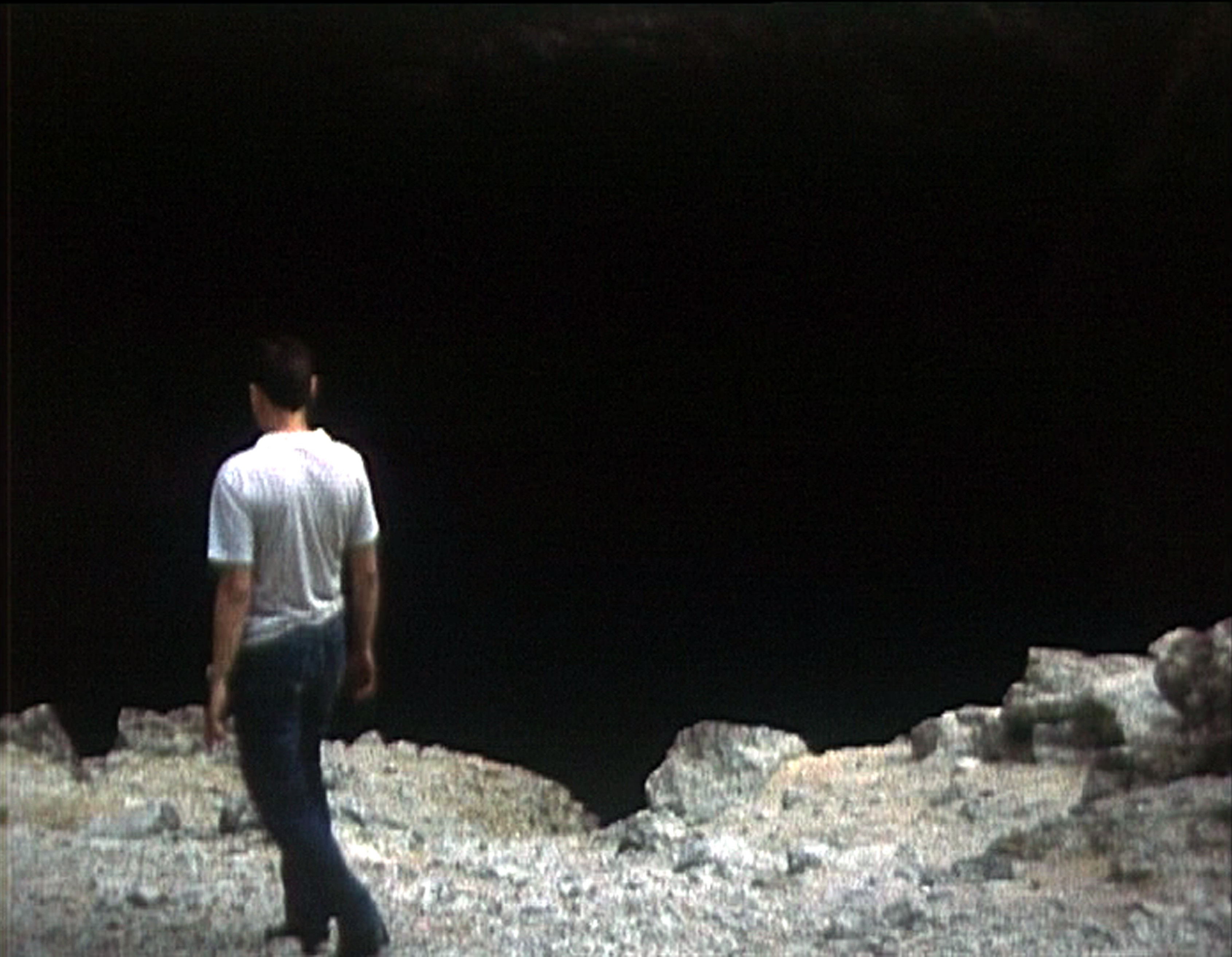Saturday, October 20, 2018 at 7pm
Jean-Claude Rousseau's La Vallée close
155 Freeman Street, Brooklyn

La Vallée close, Jean-Claude Rousseau, 1995, digital projection, 143 mins
“Every shot (frame, image, light) of La Vallée close issues a roll of the dice, and casts into nothingness three-quarters of contemporary film—along with its directors of photography.”
- Jean-Marie Straub, “Letter about La Vallée close”
“La Vallée close emerged from different elements, and I was watching the elements orient themselves without being able to say where it was leading. These different vectors were converging at a single place and making the film itself this nexus: Petrarch, a geography book, a Giorgione painting, an erotic photo, an abandoned factory, the fountain at Vaucluse, and then inspiring correspondences between all these, as if validating them, the text by Lucretius on the movement of atoms, or more exactly, Bergson’s summary of it that he did in a book for philosophy students. But actually this film originated in the water of the Sorgue. There were a few deep-dive expeditions to find out where the water originates. That mystery is also at the heart of Petrarch’s poetry. And so these elements should hold our attention, produce a tension that’s going to orient everything towards the place of the film, whose subject will not reveal itself as a whole until its end.”
- JCR
“In the Vaucluse region of Southern France, a peculiar natural phenomenon has fascinated locals and visitors for centuries. If you walk along the river Sorgue, all the way to the end of the valley, you arrive at the Fontaine de Vaucluse. For most of the year, a small stream runs from this grotto into the river. But every spring, a violent gush of water bursts forth, emptying millions of cubic meters into the river. The amount of water and the specific moment of its release do not correlate in any obvious way with the downpour seen throughout winter. Not surprisingly, a rich tradition of folklore has grown around the fountain. Holy rituals have been performed, dragons and fairies have been spotted, artists and poets have been writing and painting (Petrarch and Frédéric Mistral, for example), while scientists have attempted to dispel the myths—sometimes with near-fatal consequences (Jacques-Yves Cousteau and his team).
When the French experimental filmmaker Jean-Claude Rousseau visited Vaucluse in the mid-1980s, he immediately experienced the pull of the valley, in particular the power of the mysterious fountain. Over the next ten years he often returned, bringing along a small Super 8 camera that he had been given by his parents as a boy. He would walk into the valley, find a spot and try to ‘meet’ the landscapes through filming. For a long time he had no intention of making a film. Rather, it was a question, he explains, of falling into ‘vision.’ Eventually he wanted to offer this experience—‘le saisissement,’ the intense emotion of being grasped—to viewers as well. The result is La Vallée close (The Closed Valley), a title that brings out the Latin root of ‘Vau-cluse.’
La Vallée close shows the beautiful landscapes in the Vaucluse, the life of the locals, and the tourists that come to visit the fountain. These tourists walk up the valley, and stare into the mysterious black grotto. Occasionally, a man—Rousseau—appears: we mainly see him in a small hotel room, and from the calls he makes to someone we assume to be his partner, Alain, we come to understand that he is a filmmaker. There are images from the village: cafés, streets, an empty and decrepit building (a school?). Towards the end of the film, it transpires that La Vallée close might also have been a film (halfway between fiction and documentary) about the end of a love affair—and, possibly, the beginning of a new adventure.”
- Nikolaj Lübecker
Followed by a conversation with Rousseau.
Tickets - $8, available at door.
Please note: seating is limited. First-come, first-served. Box office opens at 6:30pm.
